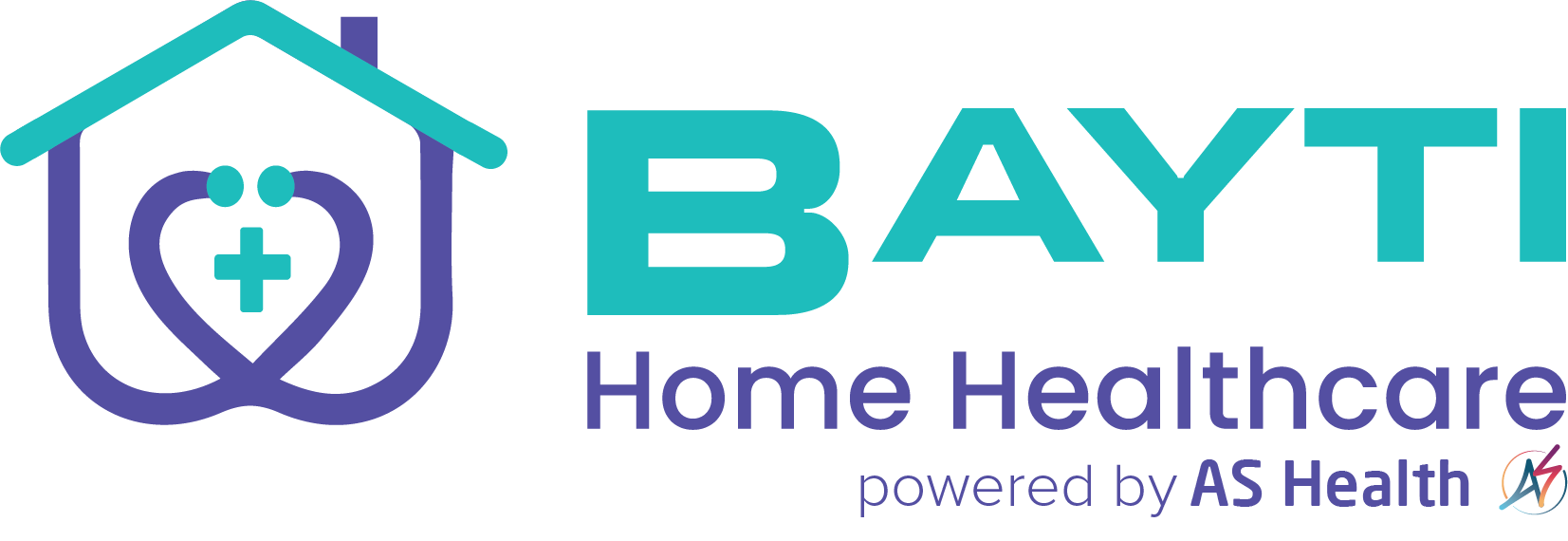Introduction
Healthcare is constantly evolving to meet the needs of patients, and patient support programs have become an essential part of improving health outcomes. These programs go beyond traditional medical treatment by offering education, emotional support, and personalized assistance. But what makes a program truly effective? The best patient support programs integrate advanced healthcare solutions to ensure patients receive comprehensive, coordinated, and continuous care.
From chronic disease management to post-treatment recovery, the role of patient support services in modern healthcare is transformative. Let’s explore how these programs enhance healthcare for patients, families, and medical professionals.
Key Features of the Best Patient Support Programs
1. Personalized and Patient-Centered Care
Not all patients have the same needs, which is why the best patient support programs focus on customized care. They provide:
- Tailored treatment and medication adherence plans.
- Individualized lifestyle recommendations (diet, exercise, stress management).
- Ongoing follow-ups for sustained health improvements.
By delivering patient-centered support services, these programs optimize health outcomes and improve quality of life.
2. Improved Medication Adherence and Management
One of the biggest reasons for treatment failure is non-adherence. Best patient support programs address this by:
- Sending reminders and follow-up messages.
- Offering pharmacy consultations for correct dosage and side-effect management.
- Providing financial guidance or assistance with costly prescriptions.
This ensures patients stay on track with their treatment, reducing complications and hospital visits.
3. Better Disease Prevention and Early Intervention
Effective patient support programs emphasize prevention as much as treatment. They help by:
- Offering preventive screenings and regular health check-ups.
- Detecting early warning signs of conditions such as diabetes and hypertension.
- Helping patients manage risk factors before they become severe.
By focusing on prevention, healthcare systems can reduce emergency admissions and support long-term wellness.
4. Enhanced Emotional and Psychological Well-Being
Living with a chronic illness, recovering from surgery, or undergoing cancer treatment can affect mental health. Support for cancer patients and others with serious conditions may include:
- Access to psychological counseling and therapy.
- Peer-to-peer patient support groups.
- Stress management and coping techniques.
These services address the emotional side of healthcare, creating a holistic care experience.
5. Seamless Coordination Between Healthcare Providers
Gaps in communication can compromise patient safety. The best patient support programs ensure better coordination between:
- Primary care physicians and specialists.
- Pharmacists and patients for safe medication use.
- Healthcare providers and insurers for cost and coverage support.
This coordination reduces medical errors and ensures treatment continuity.
6. Integration of Technology in Patient Support
With the rise of digital health, many patient support services now use technology to enhance care, such as:
- Remote consultations via telemedicine.
- AI-powered monitoring apps for chronic conditions.
- Virtual patient portals for easy access to records, prescriptions, and educational materials.
These digital tools make healthcare more efficient, accessible, and patient-friendly.
Conclusion
The impact of the best patient support programs on healthcare is undeniable. They improve medication adherence, provide emotional support, enhance preventive care, and integrate digital solutions for seamless service delivery. As healthcare advances, these programs will play an even greater role in providing holistic, patient-centered, and sustainable care.
If you or a loved one is living with a medical condition, enrolling in a patient support program can be life-changing. These programs not only help patients manage their health but also strengthen the overall healthcare system.


